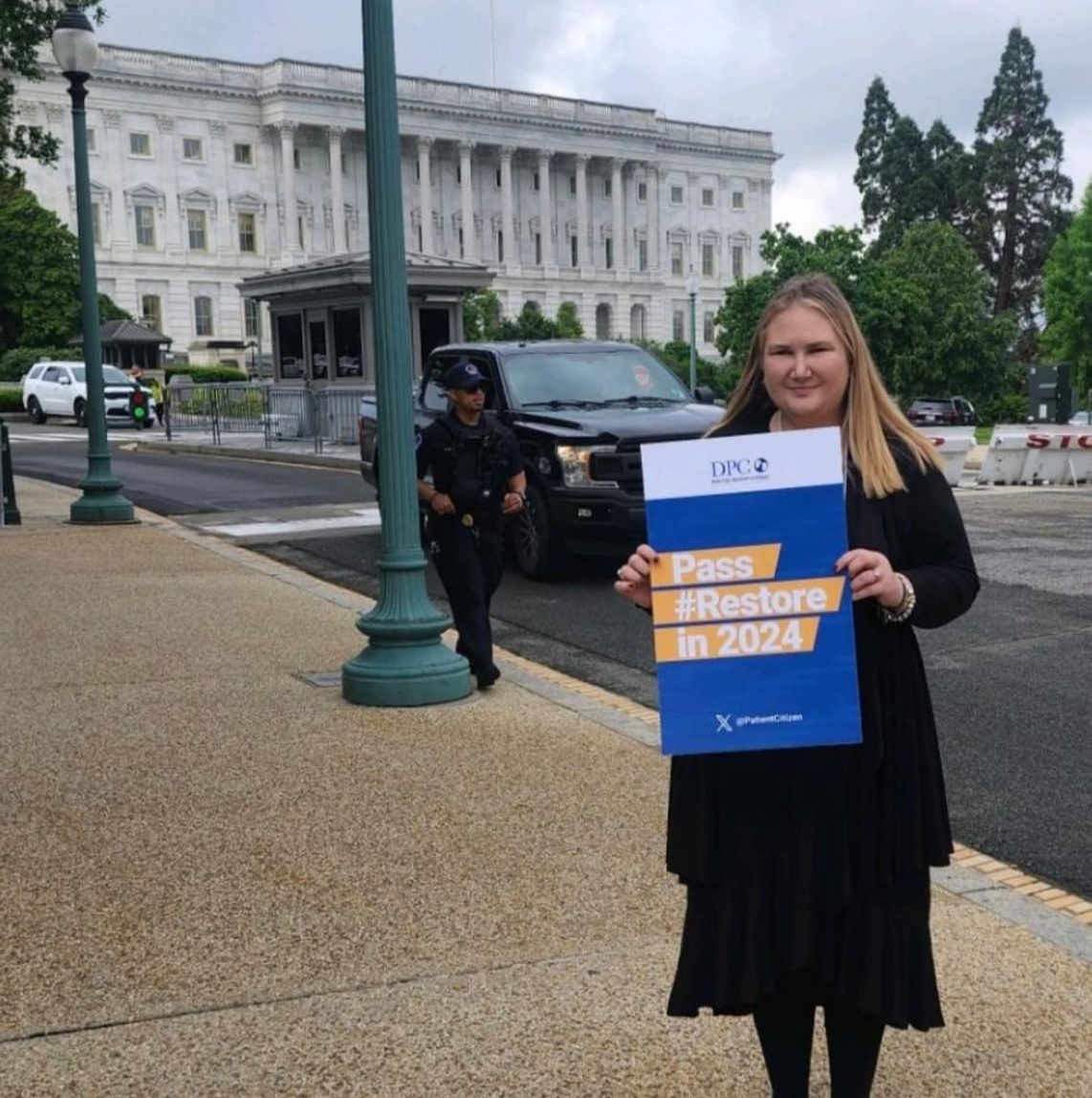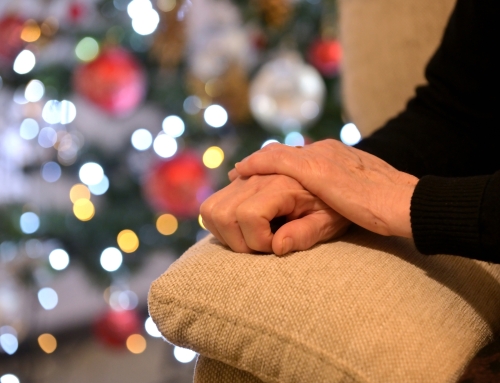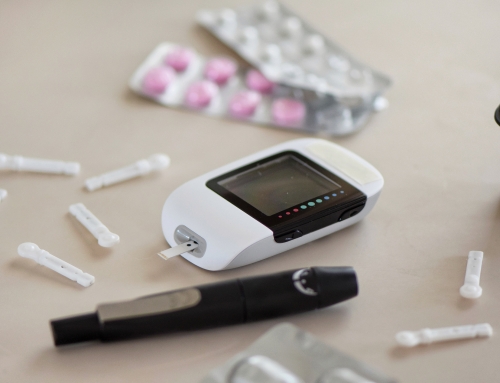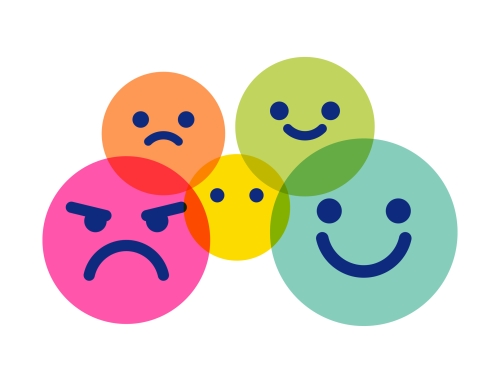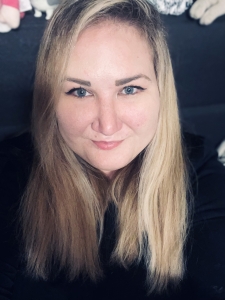
By Layce Ryan, DPC Patient Ambassador
I remember when I first learned about my kidney disease. I was a college student living in Kalamazoo, Michigan, when I suddenly fell very ill. After running some tests, the doctors diagnosed me with focal segmental glomerulosclerosis (FSGS), a type of chronic kidney disease (CKD), which is the early stages of full kidney failure, also known as End Stage Renal Disease (ESRD).
In an instant, my life changed dramatically, and I was faced with the reality that the worst was yet to come. It would be 10 years before I began dialysis at the age of 29. Despite my diagnosis, I refused to let it define me. I started a car detailing business and successfully ran it during that decade. However, contracting COVID-19 in 2020 worsened my condition, and I became a full ESRD patient, requiring dialysis.
Adapting to this “new normal” was challenging. My body had to adjust to various treatments: in-center hemodialysis, home hemodialysis, peritoneal dialysis, and back to in-center hemodialysis. This medical flux took a toll on both my body and mind, resulting in fatigue, low blood pressure, and episodes of loss of consciousness.
Yet, I truly believe that dialysis has been a blessing in disguise. From being wheelchair-bound, I progressed to walking three miles a day and staying active. Before dialysis, I struggled with depression and mental health issues, but my mental health has significantly improved with dialysis and therapy. Although I had to close my car detailing business, I’ve regained my purpose as a volunteer, a kidney patient advocate, and a college student once again. With the support of scholarships from kidney foundations, I am now studying to become a therapist. None of this would have been possible without life-saving dialysis treatment.
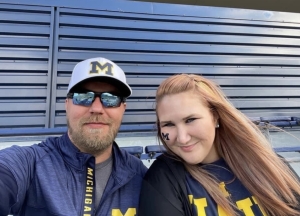
Furthermore, my cousin plans to donate her kidney as part of an exchange program, which will expedite my transplant process. The prospect of a kidney transplant fills me with excitement for the future! Additionally, I got engaged in June and look forward to possibly becoming a mother in the future—my most cherished goal as I continue to progress.
DPC has given me the tools to adjust to my “new normal.” DPC has given me an opportunity to educate myself and to advocate for other ESRD patients, ensuring a better future for kidney patients nationwide. I am thankful to DPC for allowing me to make my voice heard and to enjoy their rich patient community.
The most important advice I can give is to thoroughly research the disease and educate yourself before starting dialysis. Use DPC’s educational resources, because I wish I had known what I know now when I began my dialysis journey. Most of all, it’s important to understand that patients can become better, stronger people through their dialysis journey, like I did.

